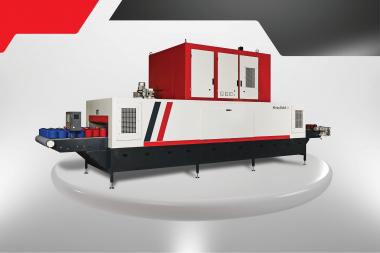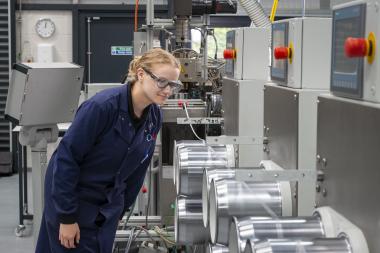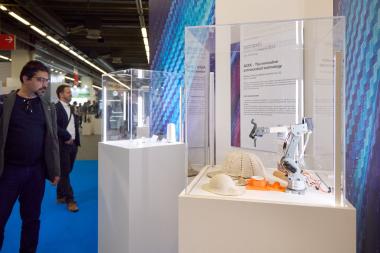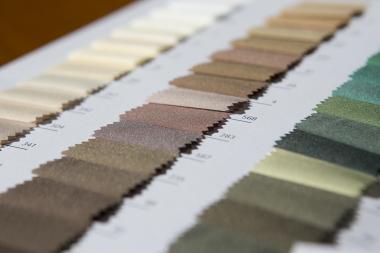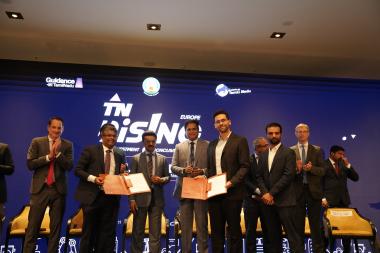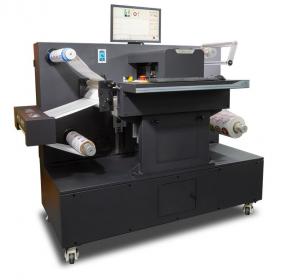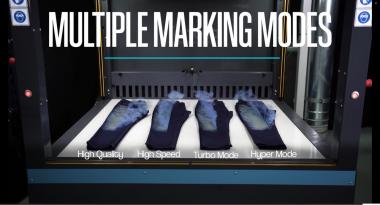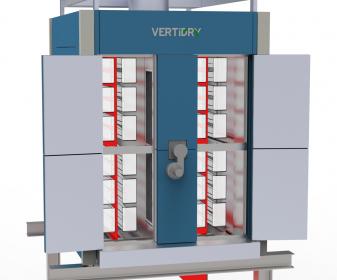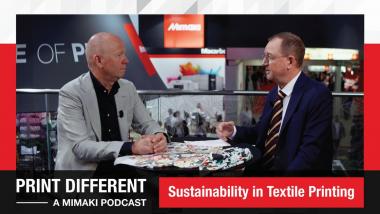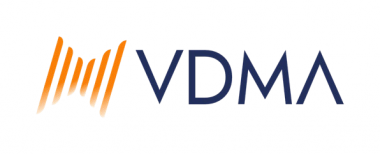EREMA: Laser filters further developed for high throughputs in plastics recycling
At K 2025, EREMA launches a POWERFIL brand innovation that sets new standards in melt filtration for plastics recycling. The new LF 812 high-performance filter has twice the screen surface area of the previous premium model, the LF 406, extending the series upwards. Another new feature is the integration of the proven Lock & Change system for changing screens during operation in the Endurance filter, which handles the pre-filtration of heavily contaminated input streams such as unwashed materials.
"This latest development in our laser filter sees us take a decisive step towards meeting the growing demands for high throughputs in plastics recycling at the same time as achieving the highest quality of melt," says Markus Huber-Lindinger, Managing Director at EREMA. The 100 percent larger screen surface of the new LF 812 laser filter boosts throughput, or maintains throughput while using screens with finer filters, which is particularly advantageous for quality-driven applications. Thanks to the larger surface area of the filter, it is also possible to operate at lower pressure and with less thermal load.
Maximum screen area, minimum space requirement
Up to 5,000 kilogrammes of melt can be filtered per hour with the single version of the new laser filter. "As a leading provider of plastics recycling machines, at EREMA we focus our experience and technical expertise on equipping large-scale systems with high-performance filtration in a compact design," says Markus Huber-Lindinger. The single version of the LF 812 laser filter covers applications with throughputs that previously required multiple filter units. "The major increase in surface area opens up new scope for system design. In many cases, this results in smaller space requirements and a more compact overall solution," adds Robert Obermayr, Product Group Manager for POWERFIL at EREMA.
Manufactured inhouse for the highest quality and supply chain security
High-quality, high-performance filters continue to gain in importance in plastics recycling. The EREMA Group is responding to this by expanding inhouse manufacturing of filter components at 3S in Wartberg, a company that is also part of the EREMA Group. Investments in new production and heat treatment technologies increase vertical integration to ensure consistently high component quality. That is how EREMA strengthens supply chain security for customers who rely on the company's recycling systems and components.
EREMA GmbH













